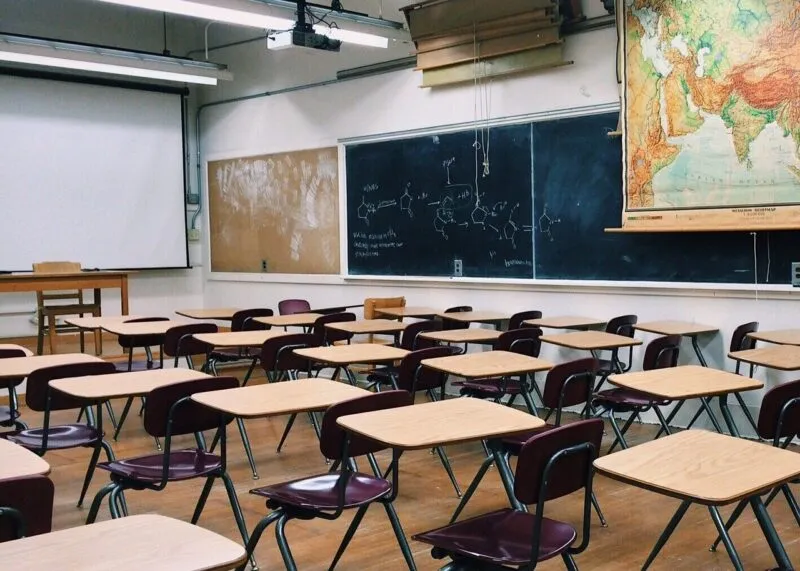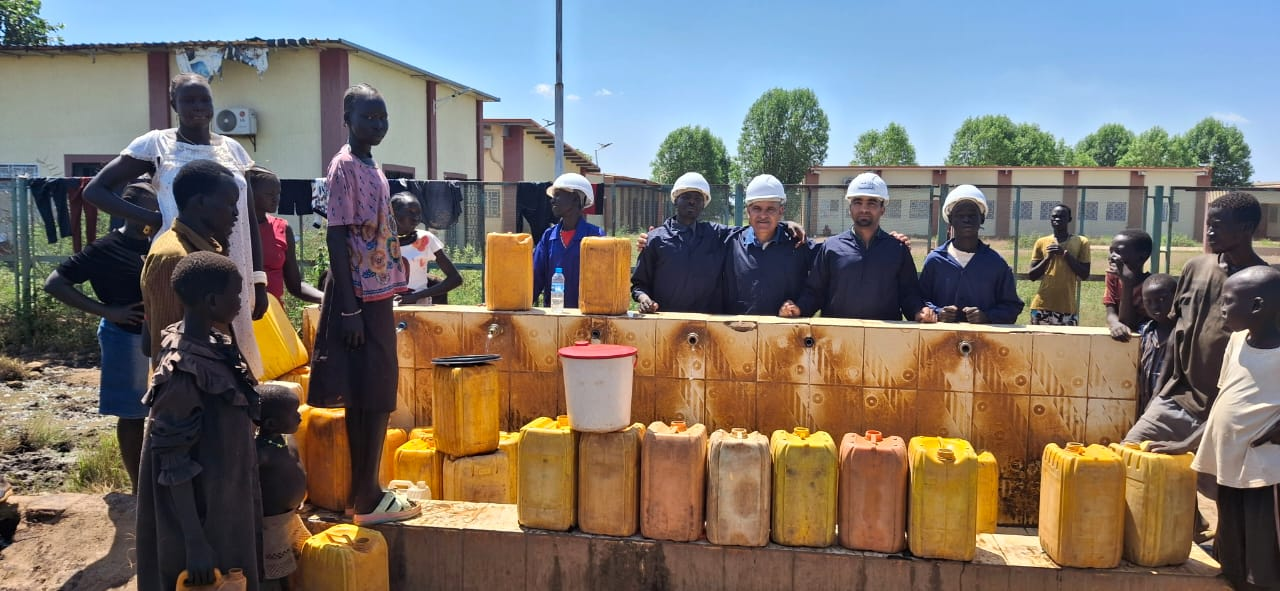Copyright dayakdaily

KUCHING, Nov 10: Four Sarawakian teachers have voiced strong concerns over the Ministry of Education’s (MOE) plan to roll out the co-teaching model under the 2027 School Curriculum, warning that schools are unprepared and students could suffer if staffing shortages and heavy workloads are not addressed first. Faye, a secondary school teacher from Padawan who spoke on condition of anonymity, said the co-teaching, where two teachers jointly manage a single classroom, could confuse students if not carefully structured. She also pointed out that some schools have yet to replace retired teachers, leaving students academically behind. “Teachers should focus on improving student performance, not turning lessons into experimental models. The Ministry must fix existing problems first, especially regarding examinations, before introducing new teaching models,” she said. Other teachers echoed similar sentiment, stressing that while the idea may look innovative on paper, it is impractical for many schools. Tara, a primary school teacher in Kuching, said co-teaching could be effective when integrating related subjects but argued that nationwide implementation would be unrealistic if manpower and facilities remain limited. “It might work in well-equipped urban schools, but smaller or rural schools face major challenges. Integrating multiple subjects into one lesson is feasible for certain topics, but expanding this across all subjects is impractical,” she said. To her, the concept looks impressive on paper, yet the infrastructure does not support it. “Implementing co-teaching from the first to the last period is simply unrealistic,” Tara added. Theo, a primary school teacher from rural Sibu, shared similar concerns and stressed the need for a clear framework and proper support. To him, co-teaching works better in smaller classes. “The idea of co-teaching is ideal and beneficial, but it cannot remain a lofty vision without proper resources. Where will the additional manpower come from if the Ministry is already the largest employer in Malaysia and still faces teacher shortages?” He also questioned how fairness could be ensured if teachers were expected to master multiple subjects. Unless administrative workloads are reduced, he said, expecting teachers to take on more teaching responsibilities would be contradictory. However, not all educators view the proposal negatively. Ellie, a secondary school teacher from Betong, expressed cautious optimism, saying that co-teaching could help maintain student focus and encourage collaboration between teachers. Nonetheless, she cautioned that core subjects such as Science, Mathematics, and History should remain unaffected. “Co-teaching could work for enrichment subjects like Civic Education, Moral Education, or Art, but beyond that it is risky,” she said. While the Ministry has begun training teachers ahead of the 2027 rollout, educators emphasised that addressing staffing shortages, administrative burdens, and resource gaps is essential. Without these measures, they warned, co-teaching risks becoming a well-intentioned experiment that fails to improve learning outcomes. — DayakDaily



